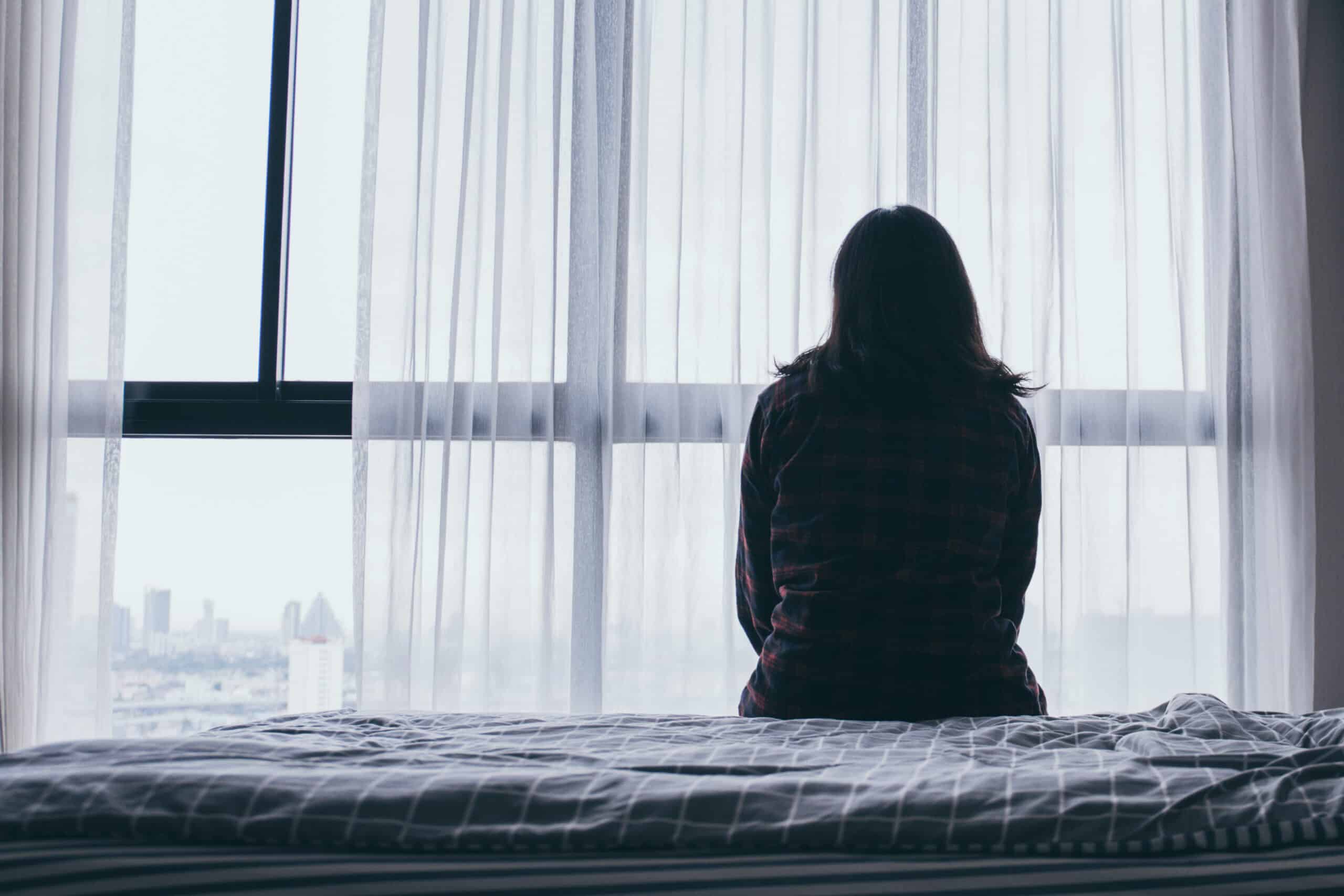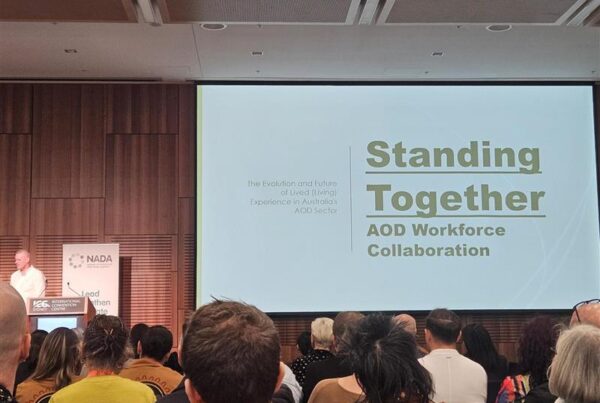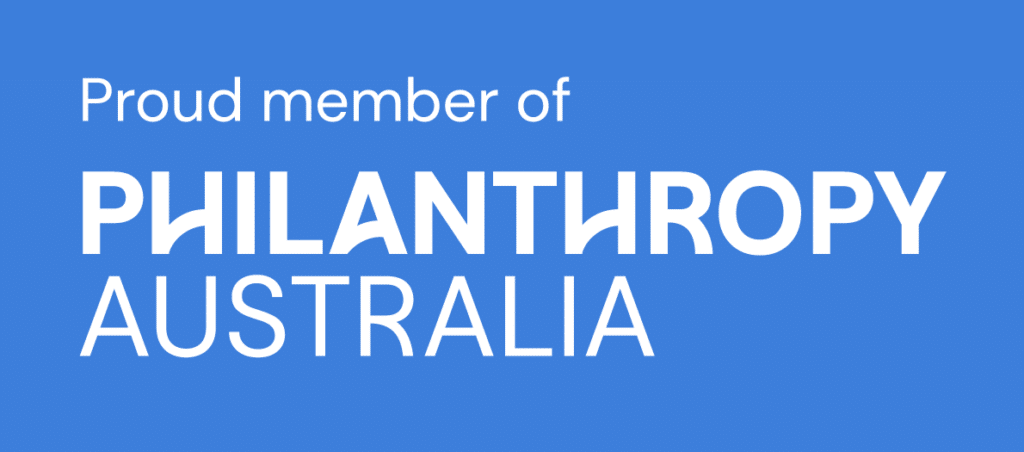In Australia alone, nearly 10 million people have been affected by suicide, which equates to almost half of our nation.[1]
World Suicide Prevention Day (WSPD), held annually on 10 September, unites over 60 countries to promote stigma reduction, advocate for policy change, encourage seeking help, and honour the memories of those lost to suicide, those who have survived suicide attempts, and those who bear the weight of grief.
The theme for World Suicide Prevention Day 2024 is ‘We all have a part to play’, in recognition of the fact that we can all champion hope and take meaningful action to save lives.
In honour of this day, we aim to understand and address the intricate connection between mental health and substance use, two critical factors that can significantly impact an individual’s risk of suicide.
Substance Use and Suicide among Youth
Among youth aged 15–19 years old, suicide ranks in the top five causes of death worldwide.[2] Substance use is a significant risk factor for suicidal ideation, attempted suicide and completed suicide.
One of the most alarming aspects of the relationship between mental health, substance use, and suicide is the significantly elevated risk it poses to affected individuals. While suicide is often viewed primarily as a mental health issue, research has shown that substance use and substance use disorders play a substantial role in suicidal behaviour.
Recent findings indicate that individuals with specific substance use disorders face dramatically increased odds of suicide:
- Alcohol Use Disorder: The risk of suicide is elevated by approximately 9.8 times among those struggling with alcohol use disorder.
- Opioid Use Disorder: Individuals with opioid use disorder face an even higher risk, with the odds of suicide increased by approximately 13.5 times.
- Polysubstance Use: Among those with polysubstance use, encompassing the misuse of multiple substances, the risk of suicide soars to an alarming 16.9 times higher than the general population.
These statistics highlight the complex interplay between substance use and suicide risk. It’s essential to recognise that suicide prevention efforts must not only address mental health but also integrate substance use treatment and support. Understanding the gravity of this issue demonstrates the urgent need for early intervention, support, and effective treatment strategies.[3]
Examples of potential contributing risk and protective factors for suicide and suicidal behaviours
Risk factors:
- Limited access to health care
- Access to means to complete suicide
- Stigma
- Trauma or stressors (e.g., discrimination, abuse)
- Interpersonal issues (e.g., conflict, isolation, lack of support)
- Biological factors (e.g., genetics, neurochemical alterations)
- Hopelessness
- Mental health or substance use disorders
- Previous suicide attempt
- Familial history of suicide
Protective Factors
- Positive interpersonal relationships
- Religious or spiritual beliefs
- Positive coping strategies (e.g., problem solving, help-seeking)
- Self-esteem and self-efficacy
Recognising the signs
Recognising the signs of suicidal thoughts is crucial for providing timely help and support. These signs may include:
- Expressing feelings of hopelessness or worthlessness.
- Talking about wanting to die or feeling trapped.
- Drastic changes in behaviour, mood, or social interactions.
- Increased substance use or a sudden relapse.
- Isolation from friends and family.
- Giving away belongings or making final arrangements.
If you observe any of these signs in yourself or someone you care about, it’s essential to take them seriously and seek help immediately. Remember that reaching out to offer support and listening without judgment can make a significant difference in someone’s life.
Suicide can affect every one of us. By raising awareness, reducing the stigma and encouraging action we can help to reduce the instances of suicide around the world.
Urgent help
If you need urgent help right now, please call 000 or contact Lifeline on 13 11 14 or Kids Helpline on 1800 55 1800 for immediate 24/7 crisis support.
The Suicide Call Back Service on 1300 659 467 offers 24/7 free counselling and support for people at risk of suicide.
For more resources on youth drug and alcohol support, check out our find help page.
References:
[1] https://www.suicidepreventionaust.org/world-suicide-prevention-day/
[2] World Health Organization. (2014). WHO Mortality Database. Geneva, Switzerland: Author.
[3] Wilcox, H. C., Conner, K. R., & Caine, E. D. (2004). Association of alcohol and drug use disorders and completed suicide: an empirical review of cohort studies. Drug and Alcohol Dependence, 76, S11–S19.
[4] World Health Organization. (2014). Preventing suicide: a global imperative: Geneva, Switzerland: Author







